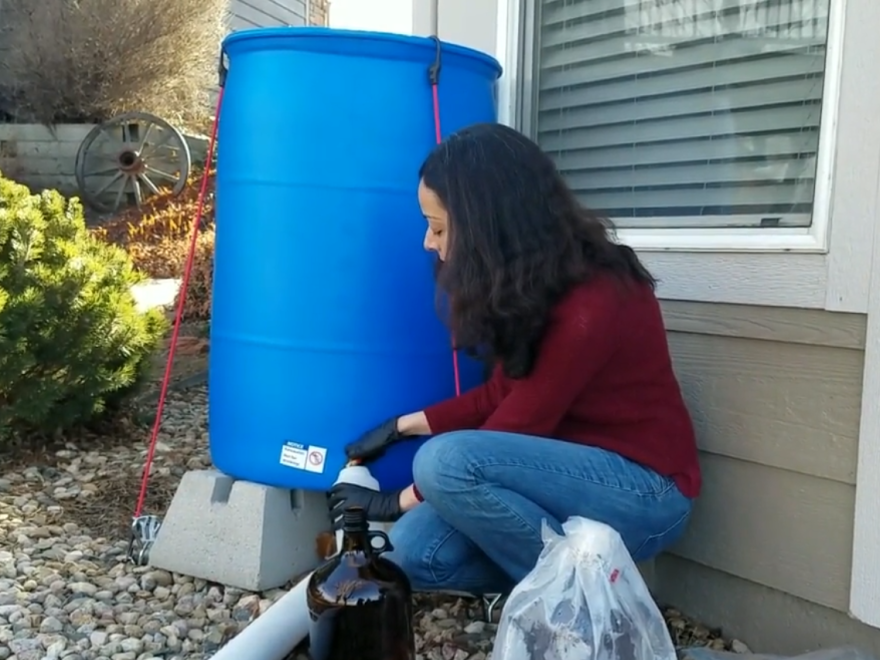Until fairly , it was illegal to harvest rainwater in Colorado. Now, as in a number of other Western states, it’s seen as alternative water source in an increasingly dry landscape. But is rainwater safe?
Sybil Sharvelle, an at Colorado State University, is one researcher trying to answer that question.
“We could use that water for irrigation or we could use it for doing laundry or flushing toilets. We could also even treat that water to make it potable,” she says.
But first, she says, we need to know more about what’s inside it, like bacteria, viruses and protozoa that could make people sick. Those don’t come from raindrops. They come from the feces of scampering roof animals like squirrels and birds.
In a project called “,” Sharvelle is working with households in four cities, including Fort Collins, Colorado, to test roof runoff in the coming months for organisms that could cause disease.
Even if the researchers find that the water is full of pathogens, that won’t rule out its possible use for drinking.
“There’s actually simple treatment systems that you can use," she says. "So, if we identify that there are pathogens that we need to be concerned about, then we just need to design treatment systems that can inactivate or cause die-off of those particular organisms."
This story was produced by the Mountain West °µşÚ±¬ÁĎ Bureau, a collaboration between Wyoming Public Media, Boise State Public Radio in Idaho, Yellowstone Public Radio in Montana, KUER in Salt Lake City and KRCC and KUNC in Colorado.




